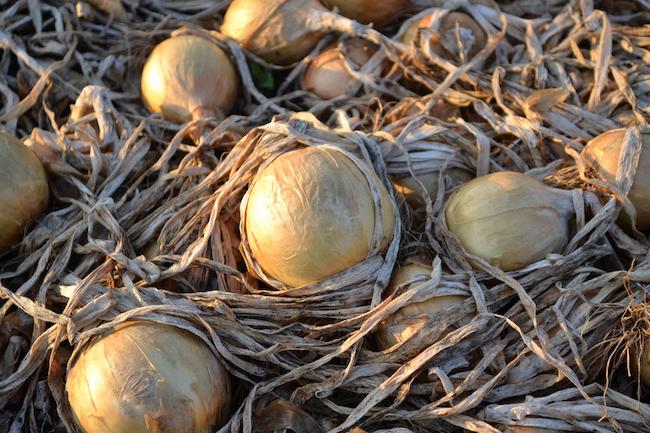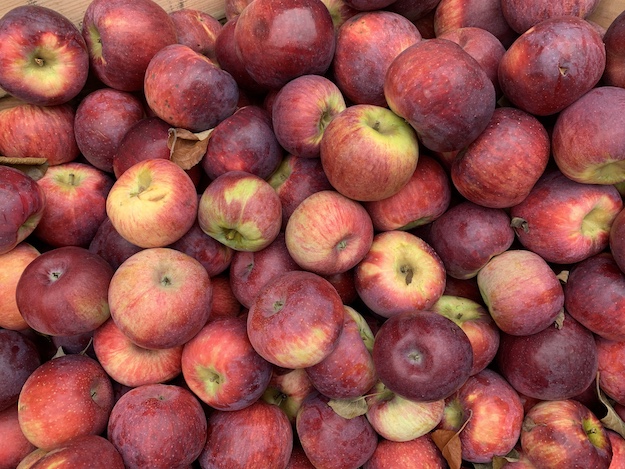Hail took big bite out of Orleans County apple crop
‘In some spots this is the worst damage I’ve ever seen’
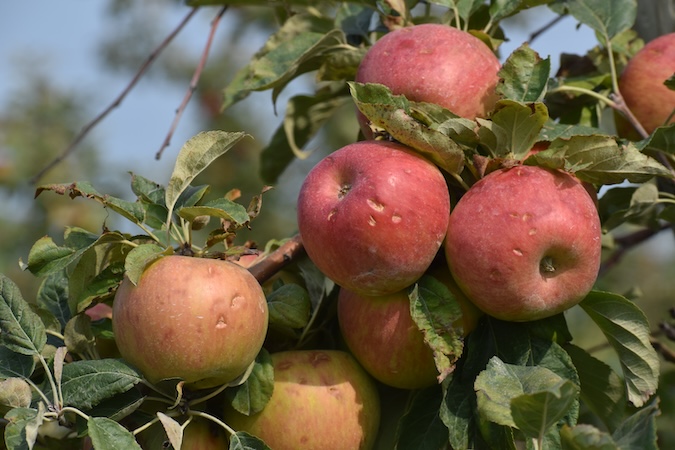
Photos by Tom Rivers: These Honeycrisp apples grown by Jim and Adam Kirby were badly by hail last Sunday. The Kirbys lost about 100 of their 170 acres of apples from the hail. The apples have numerous bruises and cuts from the hail.
GAINES – It’s a word fruit farmers fear: hail.
Those fast-moving pellets from the sky can turn a crop, that has been months in making, into a largely worthless field of ruin.
Last Sunday hail hit in the afternoon and it left a swath of destruction for farmers, especially those near Route 104.
Jim Kirby and his son Adam grow 170 acres of apples, as well as other vegetable and grain crops. About 100 acres of their apples were pummeled by the hail, including their most valuable apples, the Honeycrisp. They were going to start picking some of those apples this week.
Instead they were reaching out to their insurance agent, and trying to calculate the losses.
“This is a heart-breaker for me,” Jim Kirby said looking at a block of apples along Lattin Road. “This is a bumper crop of Honeycrisp. But it five minutes it’s all over.”
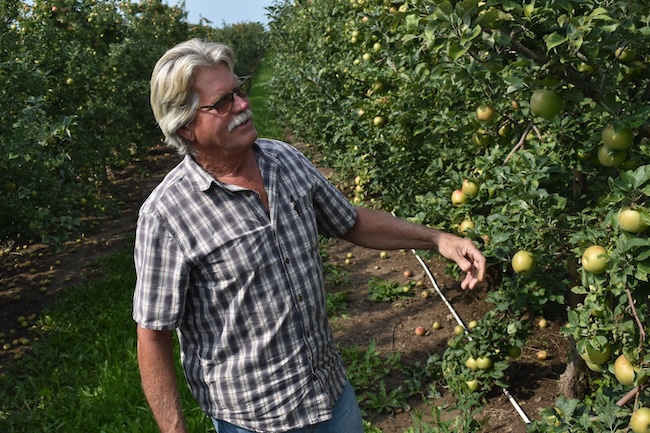
Jim Kirby has been growing apples for 50 years and said the hail storm is one of the most devastating in his career. He is shown with Honeycrisp apples, the top variety, in an orchard on Lattin Road.
Kirby and a crew of 12 workers spent the previous three weeks hand-thinning Honeycrisp apples, removing some so the others would max out on size and color.
But the storm left apples with many bruises and cuts. Sometimes hail will leave one or two bruises on an apple. This time the apples have 20 or more bruises, showing they were hammered by the hail. They can’t be sold on the fresh market for top dollar. They could go for juice, but that market will now be saturated and it may not pay to have workers pick those apples and then haul them for processing, Kirby said.
The storm was especially brutal for many apple farms in Orleans County, but also damaged corn, soybeans and vegetables, said Larry Meyer, the Farm Service Agency director in Orleans County.
He has been working for the FSA for 41 years. The Sunday hail storm cut a wide path of damage, but also missed some fields and orchards as it moved from Niagara, through Orleans and further east.
“In some spots this is the worst damage I’ve ever seen,” he said. “There is a lot of loss in the county. The people who got hit got hit real bad.”
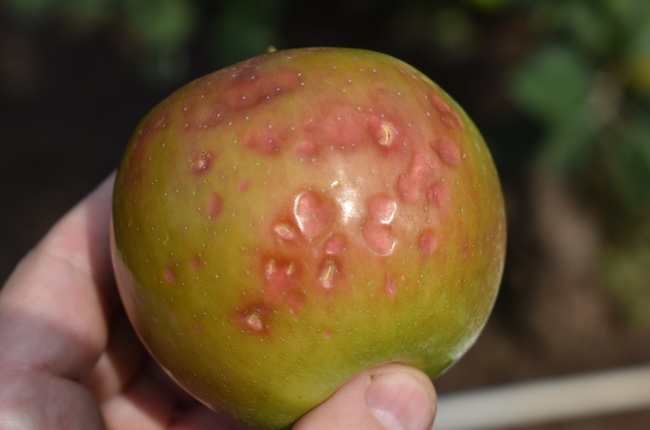
These apples were almost ready to be picked but now likely will be left on the tree and later left on the ground unless the low-price juice market makes it worthwhile to pick them.
Meyer expects a federal disaster declaration will be issued which will allow for emergency low-interest loans for farmers without crop insurance.
Many of the farms now have private insurance, which can cover up to 65 percent of the crop’s value. Meyer said the apple market has very tight profit margins this year. The crop insurance will help the farmers, but still leaves them in a difficult position, especially when they were so close to harvest.
Meyer said farmers are in a better position to recover from the losses, compared to previous years. He recalled the Labor Day wind storm of 1998 that decimated the local apple crop. At the time the federal government to assist apple farms with disaster aid and there wasn’t private insurance to help cover the loss of an apple crop.
About a quarter of the apple farms went out of business in Orleans County after that storm.
But this time most of the farms have their own crop insurance, and the federal government can provide some disaster aid for the others.
The FSA is working to try to determine the extent of the damage.
“This was a long storm,” he said. “It had a lot of energy and it kept going.”
Apples and other fruit totaled $59.0 million in revenue for Orleans County farmers in 2022, according to the U.S. Agricultural Census. Orleans County’s total ag revenue is $233.6 million.






























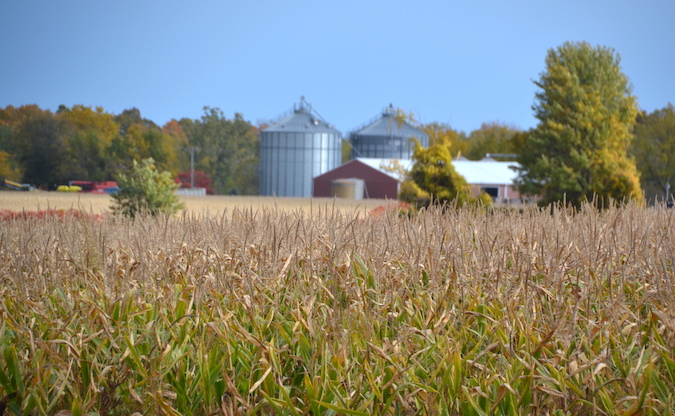
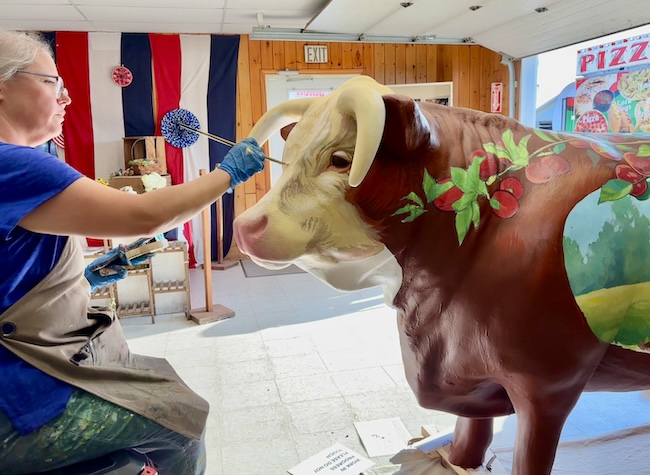
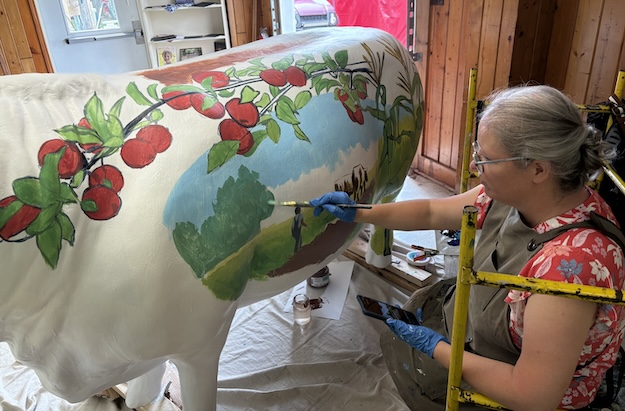


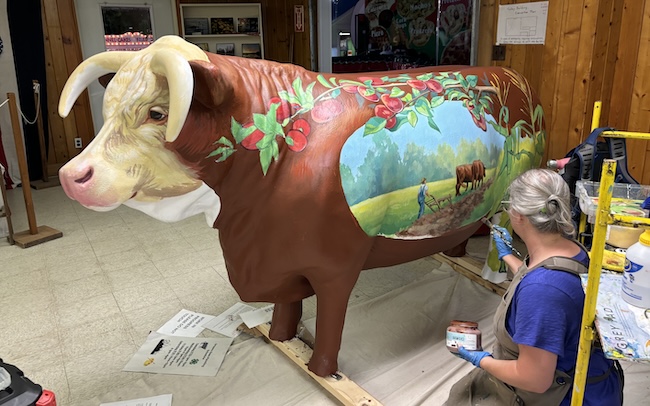
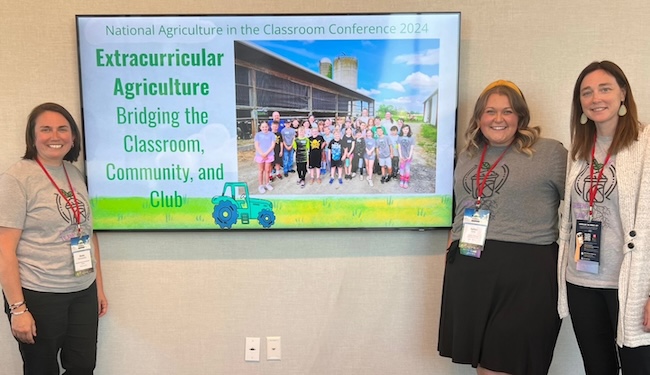
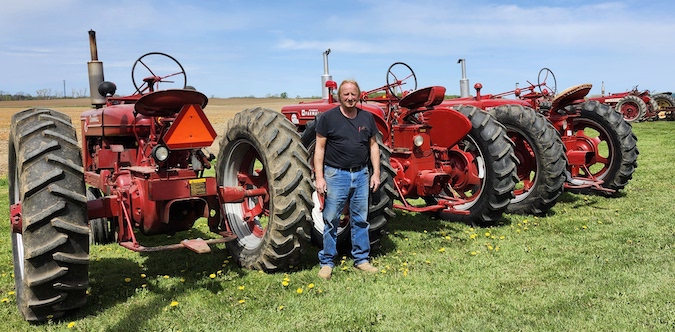










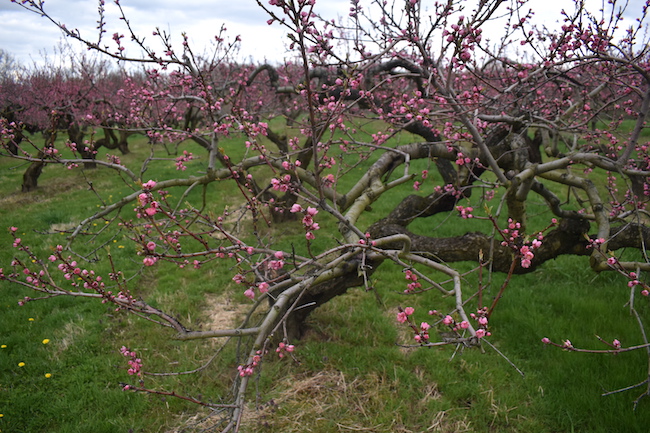
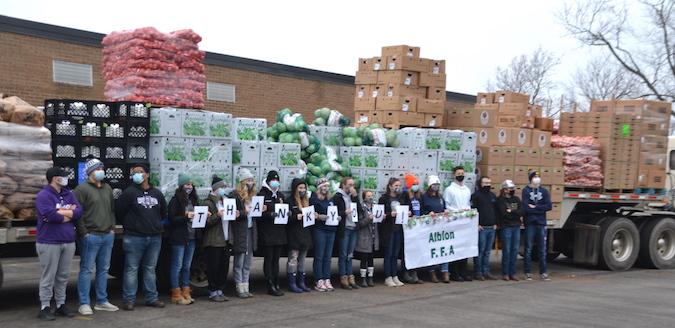
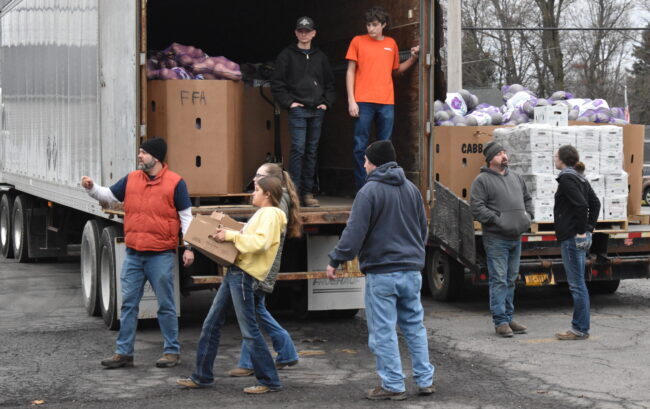
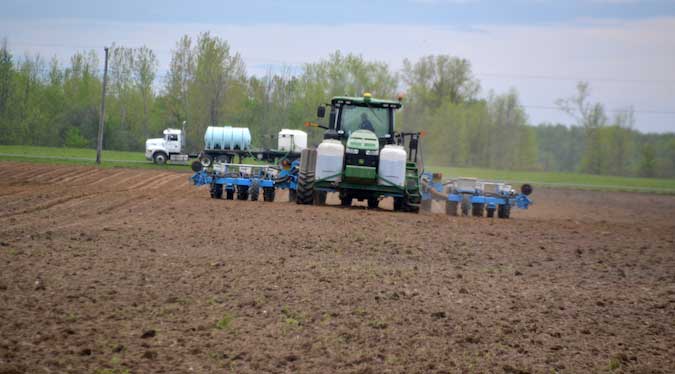
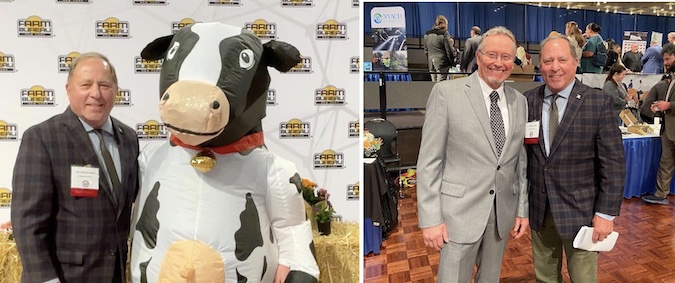



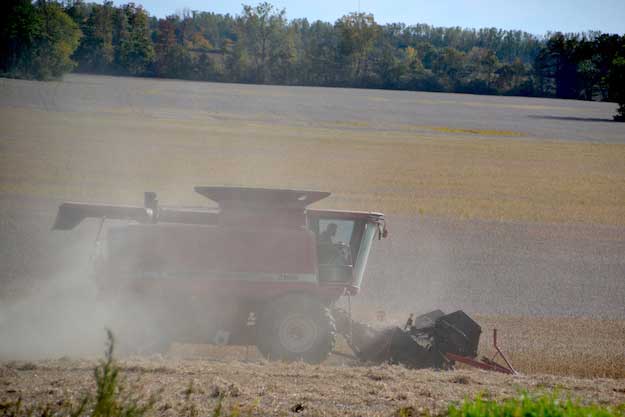
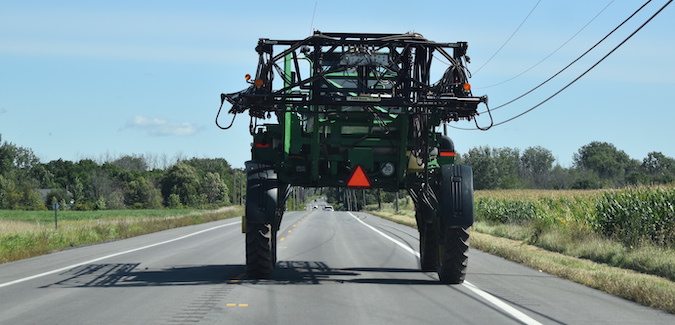
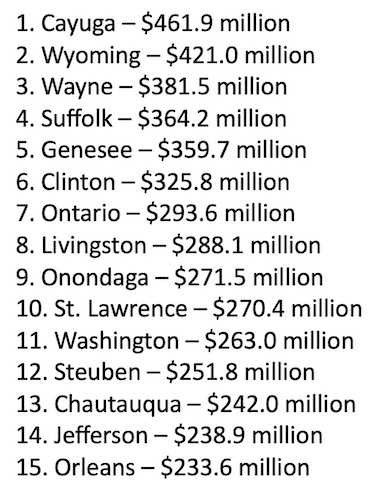 Orleans County saw a big jump in farm revenue in the 2022 census, and the county’s $233.6 million puts it as the 15th-leading county in the state for ag revenue.
Orleans County saw a big jump in farm revenue in the 2022 census, and the county’s $233.6 million puts it as the 15th-leading county in the state for ag revenue.